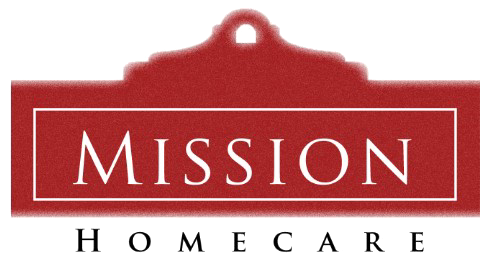Senior Care Assessment
Senior assessment for home care needs in relation to patients’ special needs is often done by an office administrative staff membr along with a family member, sometimes with help from extended family and family caregivers. When a loved one is no longer able to live on their own, or needs around the clock care to continue living in their own homes it often becomes burdensome to everyone involved.
Balancing Responsibilities
It’s tough to watch as loved ones who you were once dependent on grow old and unable to care for themselves. It gets tougher to determine if a senior loved one should continue living on their own. In a reverse parent child responsibility, the transition is more difficult, and the main solution is to find help by making new living arrangements. The following changes will depend on the needs of the elder person:
Our mission is to hire skilled Caregivers experienced in senior care to helps in making meals, hygiene, personal assistant services, medication reminders, and transportation to appointments
Having a person to stop by the house every day to check on the aging loved one to ensure that they have taken their medication.
Home Safety Assessment
To prevent an unsafe environment for your senior loved one, you should conduct a home safety assessment to help you identify potential obstacles and unsafe areas within the house and encourage independent living.
There are other types of assessments that you should consider, for instance, you may need to assess whether your elderly loved one should be living independently, whether he or she should be driving, and determine whether it’s time to consult an expert care giver. Regardless of the areas where complications may arise, you should also make a list of concerns before you meet with a professional to help you with elderly assessment for home care. Most of the time addressing such issues causes high emotions, and having a detailed list can help address problems that concerns you when talking to the seniors’ physician or a professional evaluator. However, you can also include the senior in the discussion.
What to Include in an assessment
A comprehensive list of the current medications and their purpose
A summary of the seniors’ medical history
Current physical abilities
Current cognitive abilities
Current social involvement
Home safety problems
An assessment of all the medical professionals the senior is seeing and why
A summary of the current situation and any actions that can be taken to help meet short and long-term objectives



